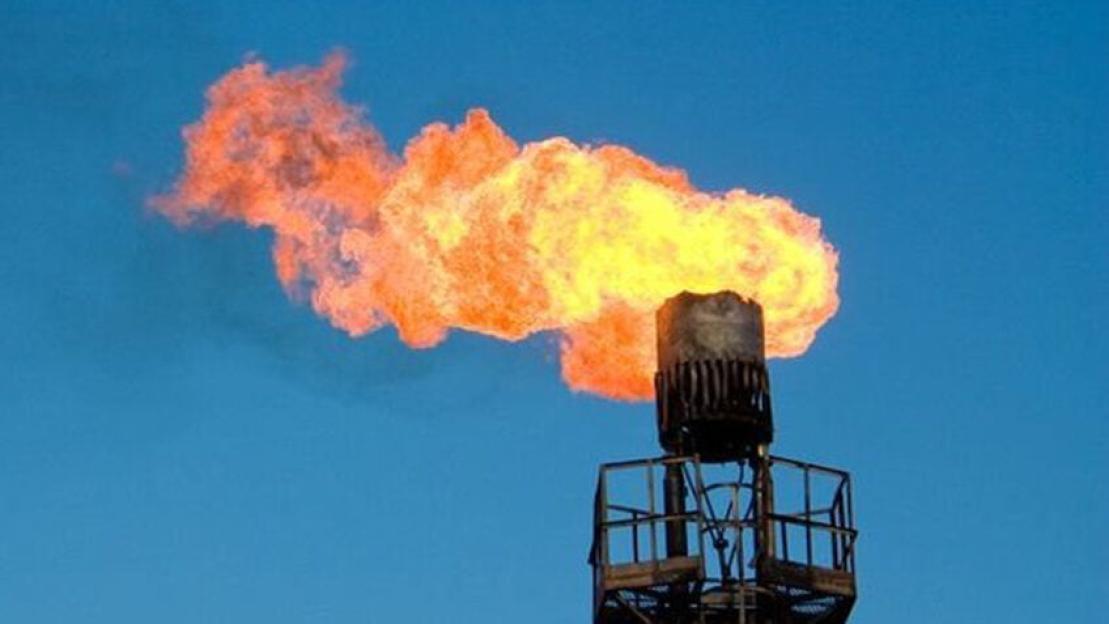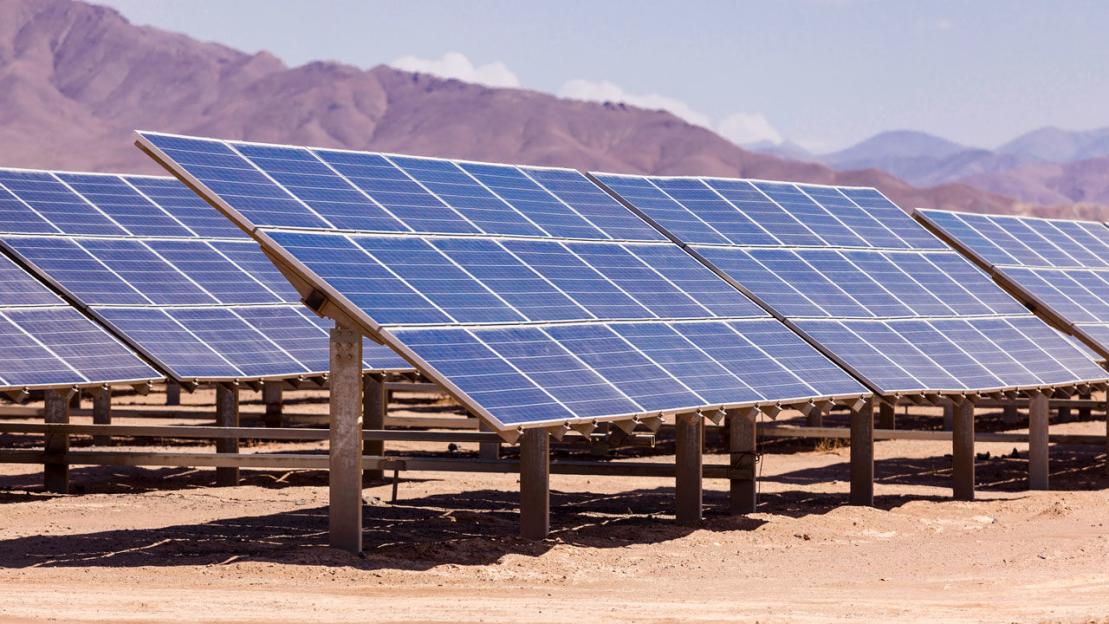Nigeria’s presidency has reaffirmed its stance to clear the country’s N2 trillion legacy debt owed to electricity generation companies before the end of the third quarter of 2025.
A representative of the Special Adviser to the President on Energy, Eriye Onagoruwa, made this commitment on Monday at the second Nigerian Electricity Supply Industry Stakeholders Meeting of 2025, organised by the Nigerian Electricity Regulatory Commission.
According to Onagoruwa, the presidency recognises the urgency of addressing the debt overhang, which has strained GenCos and impeded electricity supply nationwide and may lead to the shutdown of the country’s power sector.
She explained that President Bola Ahmed Tinubu’s government looks to alternative debt instruments due to its current fiscal constraints.
“We are empathetic to what GenCos are facing,”; she said. “We are exploring alternative debt instruments, and I can confirm that both the Coordinating Minister of the Economy and the Debt Management Office are aligned with this effort. Internal approvals are currently underway,”; she stated.
The N4 trillion gas debt had become a lingering challenge in Nigeria’s power sector despite promises of its resolution.
DAILY POST reported in April that over the unpaid N4 trillion debt owed to market operators.
Earlier, the Minister of Power, Adebayo Adelabu, had also stated a commitment to clear before the end of the year.
Meanwhile, power sector stakeholders had warned that the federal government must walk the talk to avert the imminent collapse of the country’s power sector.
Recall that despite privatisation of the Nigerian power sector over a decade ago, it has been bewildered by epileptic power supply, vandalism, poor infrastructure, lack of investment, electricity access gap, grid collapses, and other challenges.







